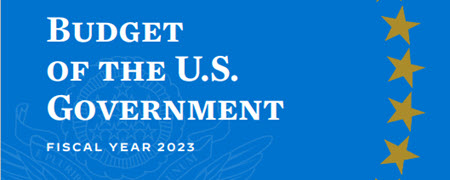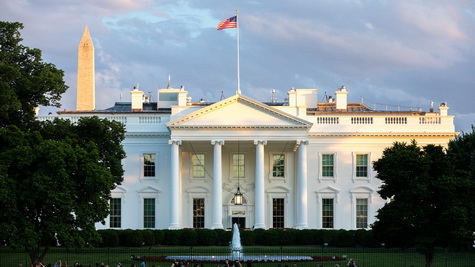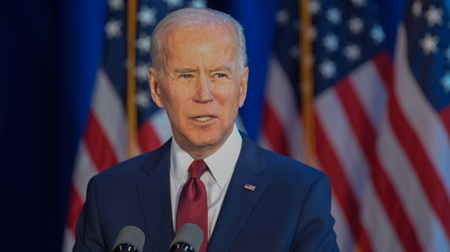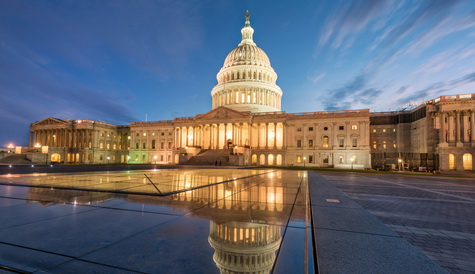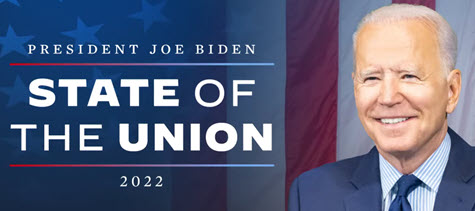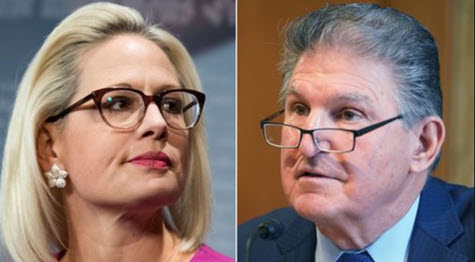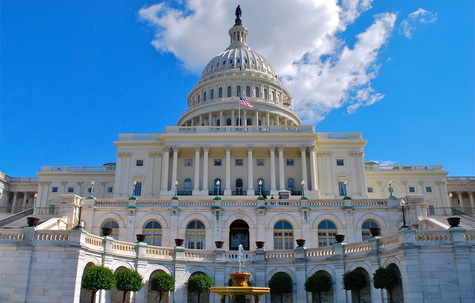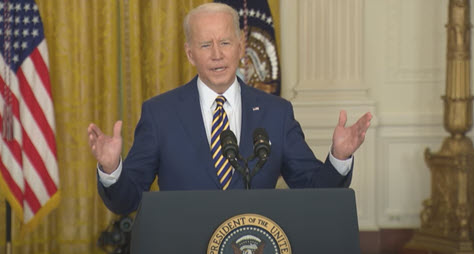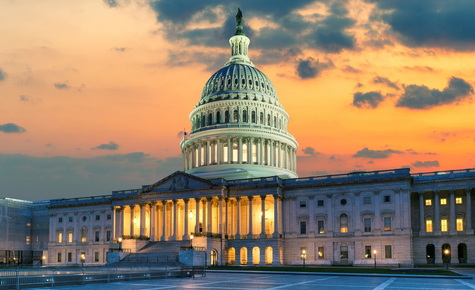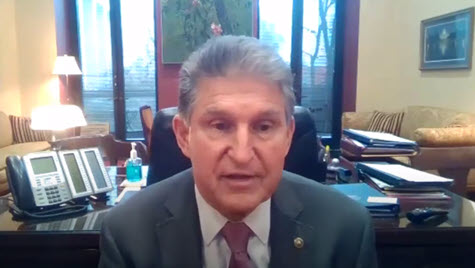
Democrats are planning to work with Senators Joe Manchin (D-WV), left, and Kyrsten Sinema (D-AZ), right, this spring to resuscitate parts of the moribund Build Back Better (BBB) Act, in hopes that a scaled-back domestic policy package can pass the 50-50 Senate under the budget reconciliation process. (Business Insider, April 13)
The Manchin View
- Manchin and Sinema remain key votes in the Senate after their reluctance to approve the Biden Administration’s BBB social and climate policy package last year. (Roundtable Weekly, Jan. 21)
- Manchin, chair of the Senate Energy and Natural Resources Committee, has signaled his support for a much smaller package that would include climate programs, prescription drug reform, and reversal of Trump-era tax cuts that would generate savings for deficit reduction. (Politico, April 4)
- Manchin also issued a statement on April 12 about consumer inflation rising to 8.5%, the largest 12 month increase in four decades. “Getting inflation under control will require more aggressive action by a Federal Reserve that waited too long to act. It demands the Administration and Congress, Democrats and Republicans alike, support an all-the-above energy policy because that is the only way to bring down the high price of gas and energy while attacking climate change,” Manchin said.
- Additionally, he commented this week about the possibility of revised BBB negotiations, “We’ll just see if there’s a pathway forward. We don’t know if there’s a pathway forward yet.” (Business Insider, April 13)
Sinema & Taxes
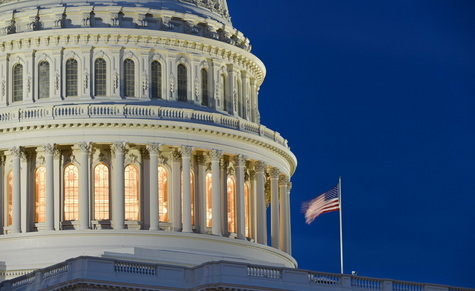
- Sinema offered her views this week, commenting, “What I can’t tell you is if negotiations will start again or what they’ll look like. But what I can promise you is that I’ll be the same person in negotiations if they start again that I was in negotiations last year.” (Arizona Republic, April 13)
- She added, “I am unwilling to support any tax policies that would put a break on economic growth or stall personal or economic growth for America’s industries.” (Arizona Republic, April 13)
- Sinema noted last week that she wants to ensure any spending package is “responsibly offset and that new revenue provisions protect qualified small business income where possible.” (NFIB Tax Summit, April 7)
- Senate Minority Leader Mitch McConnell (R-KY) this week stated, “Sinema is unenthusiastic about tax hikes. Hopefully that will be enough to keep [BBB-related legislation] underwater permanently.” (Business Insider, April 12)
- Sen. Tim Kaine (D-VA) noted Congress is on a tight deadline to pass a reconciliation package after they return from recess on April 25. “You either do it before Memorial Day or you’re not going to do it,” Kaine said. (Politico, April 4)
Sen. Sinema will be a guest at The Roundtable’s April 25-26 Spring Meeting in Washington, DC. (Roundtable-level members only)
# # #
